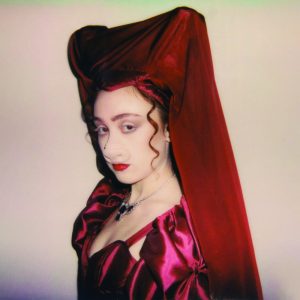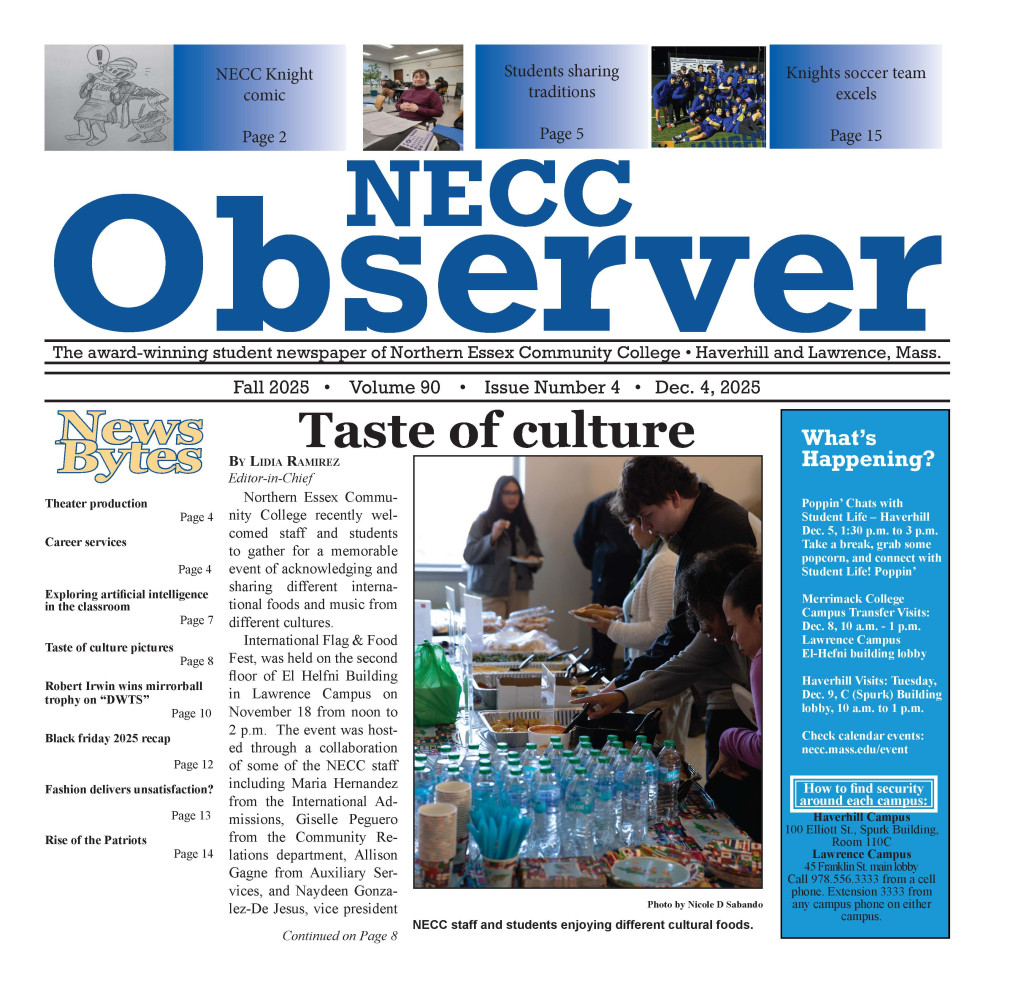“Actions speak louder than words, and actions speak louder than an endorsement.”
– Chappell Roan
Chappell Roan and her politics. Do people care too much and have higher expectations for those they have parasocial relationships with?
Chappell Roan is an up-and-coming pop star with a spotlight beaming on her. She has one album and millions of critics gabbing about her political views and boundaries with her identity and fans.
Roan recently posted to her TikTok about endorsing a political candidate due to the fact that she had not yet spoken about one; even though she has always stood up for her views in a very open way on stage and online. She has shown unwavering support for Palestinians, the queer community, reproductive rights, etc.

Roan does not tolerate harassment from “fans” in public and feels she does not owe her time and energy to those in public when she is not in character or performing. On the street, she feels like she is a random person because people who are fans of her do not truly know her.
Why do fans even expect these things in the first place? What gives people the entitlement to think that someone they have never met owes them a photo or a hug? These things are due to parasocial relationships.
Parasocial relationships are one-sided, between a regular person and a celebrity or fictional character. People consume so much content of these public figures and gain a sense of security in a faux relationship. They see so many of these people on social media and assume there is a connection between them; but in reality, the public figure has no clue of the watcher’s existence.
The one-sided connection gives a false sense of security, meaning that when they see the object of their admiration they feel like they deserve something. When you are a fan of someone, think about what you would do if you saw them in public. Now imagine you are a famous person, constantly overwhelmed by those asking to take photos with you while you are attempting a mundane task like grocery shopping; it would get overwhelming.
These types of relationships threaten the well-being of both parties involved.
The observer in the relationship feels like they are owed something and have a relationship with someone they have never actually interacted with; and the public figure in the relationship is frequently bombarded by strangers.
Roan has made it publicly known that she does not owe these people anything and that she will not partake in fulfilling the fantasy of a parasocial relationship.
Casual fans of Roan expect too much; she is not their friend; Chappell Roan is a persona. Her personal life is personal, and that is the way she wants it to stay; she does not want a hug from a stranger expecting one on the street, and neither would most people. Roan researches the political candidates people so desperately want her to endorse and finds that their policies do not align with her ideals, so she does not endorse them. Most political people would do the same. Who would want to risk putting their entire brand/business behind one person who does not completely align with them just because others want them to?
In short, Roan is protecting her own brand and personal sanity by being so frank online. She is deflecting from parasocial relationships she wants no part in and defending her mental status. She is true to her political and personal beliefs and wants everyone, even fans, to know that she is going to stick with herself and not do what is generally expected of a pop star.

